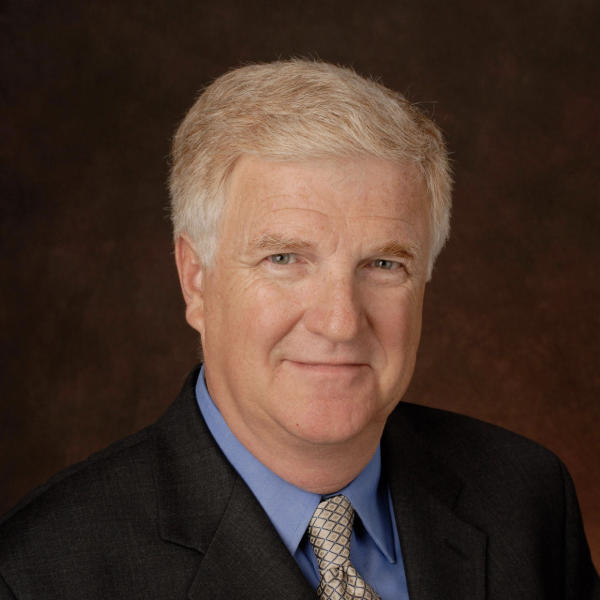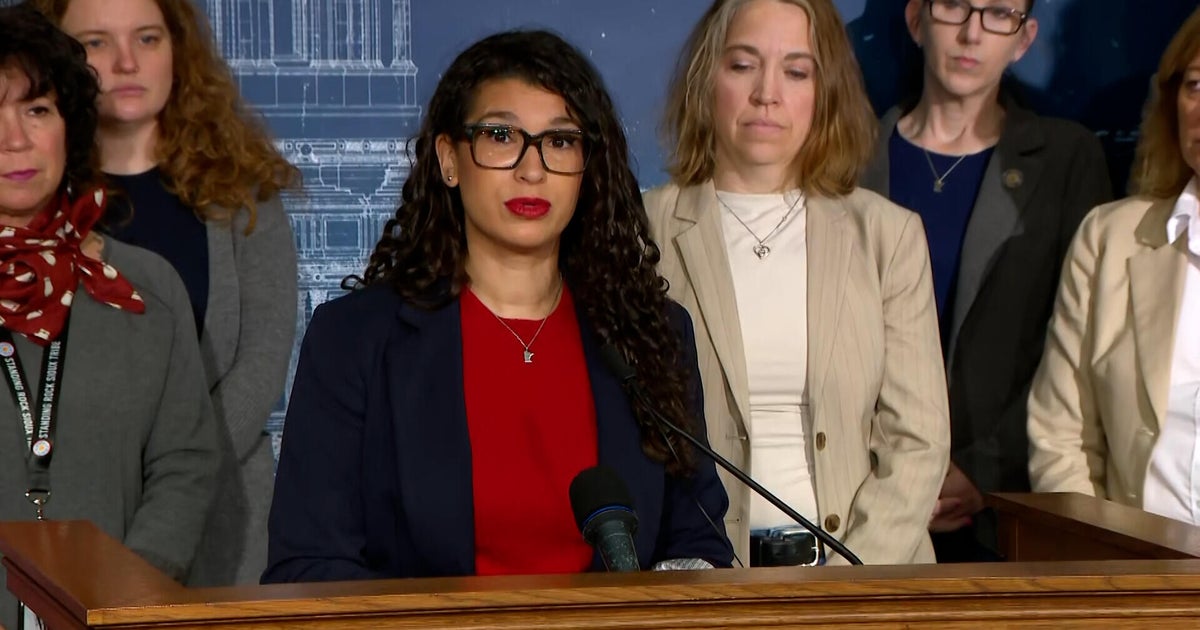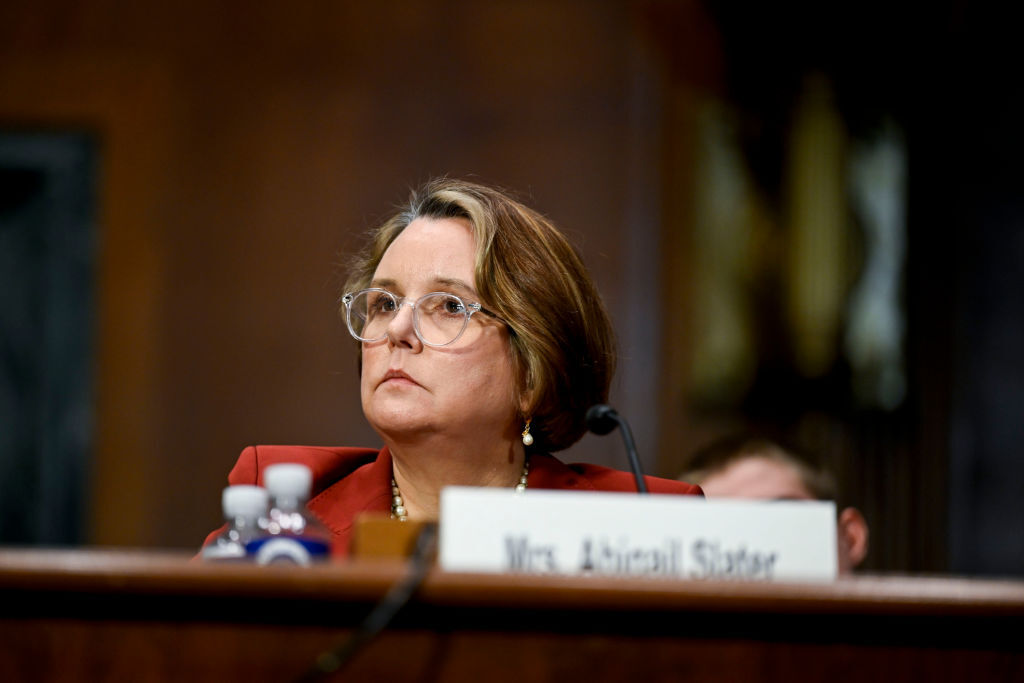Trump administration talks up fossil fuels at U.N. climate conference
LISBON, Portugal -- The Trump administration Monday talked up fossil fuels -- including coal -- at a U.N. climate conference in Germany.
That puts the U.S. government at odds with 194 other nations, but some American entrepreneurs and politicians want to make sure the administration does not have the final word.
Despite a demonstration by children chanting of "save the world, save the world" at the conference, saving the world has been harder since the Trump administration announced its pullout from the Paris climate deal.
There is an enthusiastic American delegation at the U.N. conference, but Washington didn't send it. State and city governments and businessmen like Michael Bloomberg did.
"The American government may have pulled out of the Paris agreement, but the American people are committed to its goals and there is nothing Washington can do to stop us," Bloomberg said.
Washington has other ideas. Its main pitch is to promote coal -- which much of the world sees as exactly the wrong way to reduce the greenhouse gasses that cause global warming.
The leaders of this alternative delegation -- like California Gov. Jerry Brown -- say: ignore Washington, listen to us.
"America - we're here, we're in and we're not going away," Brown said.
And the 14 states who attended say the U.S. can still reduce carbon output by a quarter over the next eight years as promised -- partly because clean energy projects are also happening in some unlikely places.
Russell Tencer of United Wind spoke to CBS News about the future of renewable energy, like wind.
"If I went into Yuma, Colorado, and said, 'We can save the planet,' they would turn me around and send me right back!" Tencer said.
At Web Summit's "Planet : tech" conference in Lisbon, he said United Wind sells most of his wind turbines in red states that voted for Mr. Trump.
"If you go out to these farms, it's blowing, like the wind, the doors are flying off the hinges, you can feel it. It's like, take that resource, do something that makes sense, lower your costs, they get it," Tencer said.
The argument being heard at conferences like the ones held recently: while it would be nice to have the support of the administration in Washington in fighting climate change, that support is not essential. In the end, economics, not politics will prevail -- and the new forms of electricity generation, wind and solar, are, in the long term, not only cleaner, but also cheaper.






